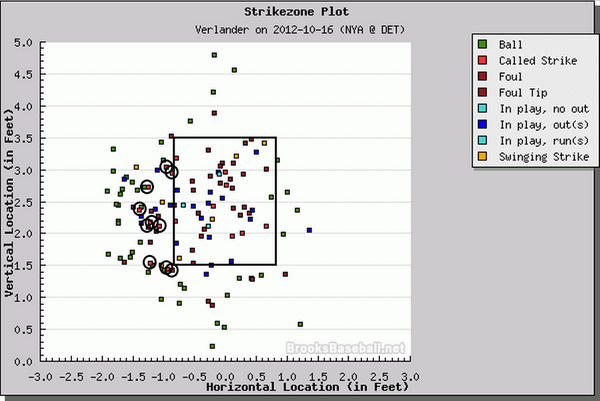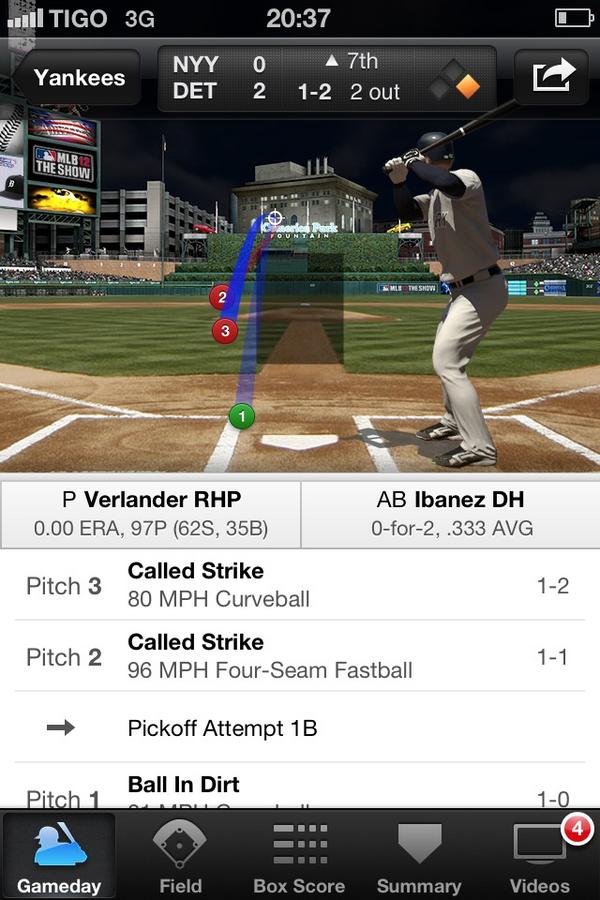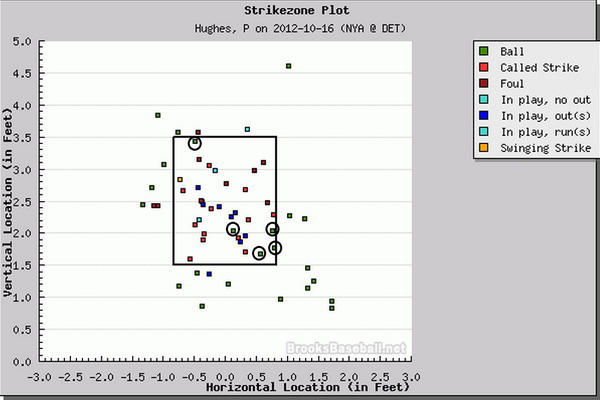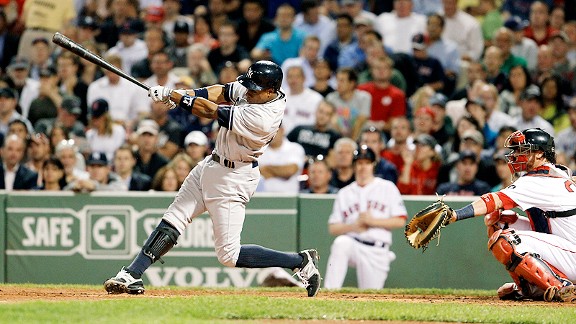-- Peter Brand, 'Moneyball'
There's a scene in the early part of the movie "Moneyball" in which Brad Pitt (as Billy Beane) and Jonah Hill (as Peter Brand) announced their free agent targets to the rest of the Oakland Athletics' staff. The room full of skeptical scouts groaned as the three underwhelming names were announced: Scott Hatteberg, Jeremy Giambi, and David Justice. Each had a flaw that rendered them totally undesirable to the much of the baseball establishment -- Hatterberg couldn't throw, Giambi had off-the-field issues, and Justice was old. But the existence of those flaws was exactly what made them desirable to Beane and Brand. They were undervalued by everyone else, and the A's exploited that ignorance. This process also led Beane and Brand to relief pitcher Chad Bradford, whose services were similarly shunned because he "threw funny."
In the decade since "Moneyball," baseball has gotten smarter and better at finding hidden inefficiencies like these. But like most things, baseball can never be perfectly efficient. Those "biased reasons and perceived flaws" that Peter Brand referenced still exist, causing players to be overlooked or undervalued. And there might be no better evidence of this phenomenon than Hiroki Kuroda. Two offseasons ago, Kuroda was coming off a stellar 2011 season in which he threw 200 innings with an ERA of 3.07. At that point, his career ERA in Major League Baseball was a very solid 3.45. But he ended up settling for a one-year contract with the New York Yankees for $10 million, while comparable (or worse) pitchers like C.J. Wilson and Mark Buehrle were getting deals worth several times more. Like Scott Hatteberg or Chad Bradford, Kuroda was undervalued because he was guilty of four perceived "flaws" that rendered him imperfect in the eyes of many around baseball.
1. He was old. Everybody fetishizes young pitches, but nobody likes old ones. Old pitchers deteriorate, break down, and get hurt. Kuroda was 37 entering last season. He had thrown a total of about 2,400 career innings between Japan and the United States. Like David Justice, he was considered to be past his prime, or at least close to falling over a cliff. This ignored the fact that Kuroda actually had the best season of his career at age 36. Plus, one of last year's Cy Young Award winners, R.A. Dickey, was also 37 years old. Not all pitchers in their late-30's need to be immediately sent to the glue factory.
2. He couldn't win. Baseball is still very much an old-school sport, and is biased towards pitchers who Win Games. In four years with the Dodgers, Kuroda's career record was under .500 (41-46). Of course, this was hardly his fault. How could it be, when his ERA in those seasons was 3.45. The real culprit was the Dodgers' dismal offense (back then, Yaisel Puig had not yet descended from Olympus). In fact, in three of Kuroda's four years there, the Dodgers ranked in the bottom third of the league in runs scored. Still, Kuroda won himself the unfair notoriety of being a pitcher who "couldn't win."
3. He pitched in the NL West. For some reason, this fact hurts the perception of many players (especially pitchers). It's not just about the publicity disparity between East and West. It's about the reputation that NL West players have earned for themselves -- like numbers posted out there have to be taken with a grain of salt, because, you now, it's the NL West. The division is perceived to be somehow "lesser" or "easier" compared to the rest of baseball. This is especially true for pitchers, because three of the division's five ballparks (Dodger Stadium, Petco Park, and AT&T Park) are enormous and pitcher-friendly (this school of thought conveniently ignores how hitter-friendly the other two ballparks are -- Coors Field and Chase Field). The division is also infamous for being home to inferior offenses (blame the Padres for this one). So when a pitcher like Kuroda moves out of that friendly environment and relocates to the AL East -- where the parks are smaller, offenses are more fearsome, and designated hitters exist -- people are inherently wary, even if those fears are motivated by a misunderstanding of the NL West.
4. He was Asian. This was probably Kuroda's biggest miscalculation, being Japanese. The bias against Asian pitchers is very real and very strong. It's probably buoyed by a few high-profile disappointments who came over from Japan, like Hideo Nomo, Hideki Irabu, Daisuke Matsuzaka, and Kei Igawa. It's interesting to note that this bias is actually being discredited as we speak, thanks to the unprecedented success being enjoyed by Asian pitches at the moment -- not only Kuroda and Yu Darvish, but also Hisashi Iwakuma, Wei-Yin Chen, Hyun-Jin Ryu, Koji Uehara, and Junchia Tazawa. A banner year for the continent, really.
Ever since then, Kuroda has done nothing but turn all of those biases upside down. After that nine-start rough patch, his ERA for the rest of the 2012 season was 2.92. This year, it's 2.59. Age didn't affect him -- at 37, he threw a career-high 219.2 innings last year, plus another 16 in the playoffs. Winning games wasn't a problem -- despite continuously poor run support, Kuroda is 22-15 in his Yankees career. Moving from the NL West to the Yankee Stadium bandbox was startlingly easy for him; in fact, his ERA in Yankee Stadium has somehow been a run-and-a-half better than his road ERA. And so far, believe it or not, the past failures of a few of his Japanese countrymen have not hindered his performance in the slightest.
Through 45 career starts and nearly 300 innings with the Yankees, Kuroda owns a 3.14 ERA and 1.13 WHIP. Over that stretch, he's had the 12th-best ERA in all of baseball, in a virtual tie with both of last year's Cy Young Award winners, David Price and R.A. Dickey. For quite a while now, he's been an ace. Yet any team in baseball could've had him last year for just $10 million, which is just slightly more money than what Heath Bell is making. Baseball keeps getting smarter, but there are always undervalued Scott Hattebergs and Chad Bradfords out there for the taking. Hiroki Kuroda is Exhibit A.







